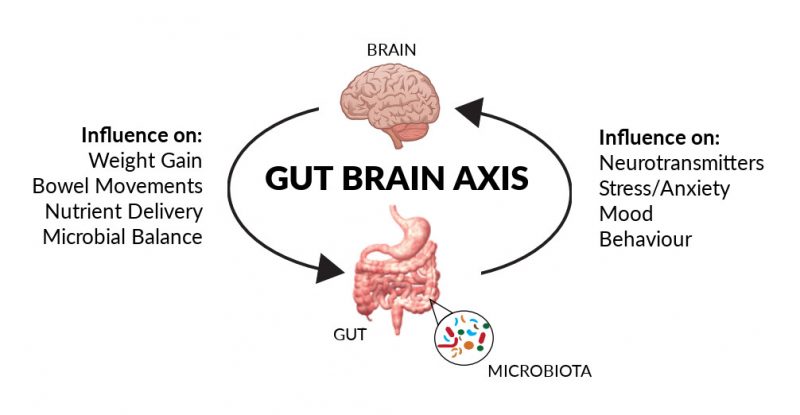Anxiety can be very difficult to diagnose, as everyone has felt anxious at some point in their life. However, in an anxiety disorder, the fear and worry does not go away, and if not treated or addressed, it usually gets worse over time. It can interfere with everyday life, and it can even cause some people to remain locked in their homes for extended periods of time because they are afraid they may be reminded of a past traumatic event or encounter something that triggers their anxiety. Humans do not normally experience these feelings over an extended period of time, so people can be diagnosed with anxiety-related disorders.
How Are Disorders Classified?
Anxiety disorders are classified into three main categories:
- Anxiety disorders
- Obsessive-compulsive disorders
- Trauma and stressor related disorders
Anxiety disorders generally involve excessive fear and/or anxiety, especially in situations in which one wouldn’t feel anxiety from an evolutionary standpoint (fight or flight responses such as being chased by a dangerous animal, famine conditions, etc.). Obsessive-compulsive disorders involve trigger related compulsive behaviors, which can include staying clean or constantly worrying about one’s body. Trauma related disorders involve an experience of trauma such as a car accident or death of a loved one.
If you experience anxiety, you are not alone, as these disorders are the most common mental disorder in the U.S. Over 40 million American adults are affected, and 40% of all American adults have experienced one of the three anxiety disorders at one point in their life.
What Goes Wrong in the Brain?
The physiological mechanisms that lead to anxiety disorders are not fully understood at this point, but scientists do know that something goes wrong in the limbic cortex of the brain, also known as the emotional-processing part of the brain. The hippocampus, which is also a limbic structure, is associated with long-term memory, and it also has inhibitory control over the hypothalamic stress-response system. Over-excited neurons in these areas has been linked to anxiety disorders.
Is Anxiety Linked to the Gut?
You’ve probably noticed in your life that there is a connection between our brain and our digestive system, like when you get even more hungry when you think about some good food. This connection goes both ways, and an unhealthy or upset intestinal tract can send signals to the brain to tell it’s under distress, which can lead to the symptoms of anxiety.
The gut has been referred by scientists as the “second brain” because of its ability to produce its own neurotransmitters. Remarkably, it is estimated that 90% of the body’s serotonin, along with large amounts of dopamine and GABA, are produced by intestinal bacteria. These chemicals are all associated with happiness and feeling good, so it is no surprise that low levels are associated with anxiety disorders. A properly functioning microbiome is essential to regulating mood, and it has been proven in the laboratory. Researchers have found that mice that weren’t exposed to bacteria and didn’t develop a proper microbiome produced 60% less serotonin that mice with healthy microbiomes.
Along with general anxiety, there seems to be a link between gut function and PTSD. Scientists have hypothesized that an imbalanced gut microbiome in early life may have long lasting immune and psychological effects, which make individuals more susceptible to PTSD later in life. There are many factors that can lead to an imbalanced microbiome, such as poor diet and overuse of antibiotics, but scientists have pointed to chronic stress as the main player that alters the microbiome, which can lead to anxiety disorders due to an imbalance of neurotransmitters secreted by intestinal bacteria.
Can a Healthy Gut Cure Anxiety?
Nothing can necessarily cure anxiety because it is a natural feeling humans have evolved to feel in stressful situations. However, when it becomes chronic, we know something has gone wrong in the body. The symptoms of anxiety disorders can be greatly reduced by maintaining a healthy gut, however, one must practice a healthy lifestyle in every aspect of life for healthy gut function. This includes sleep, diet, exercise, and understanding personal limits and needs in those areas.
The importance of positive thoughts and the effect they can have on the body should not be overlooked either. One can’t simply fix their physiology and expect their psychology to automatically improve, effort must be put into both areas to see improvement.
Image:
https://www.google.com/search?q=gut+health+and+anxiety&source=lnms&tbm=isch&sa=X&ved=0ahUKEwj_lNPQqYneAhUc0IMKHZzoAvQQ_AUIECgD&biw=1276&bih=613#imgrc=4Si_nBHRsGX-AM:
